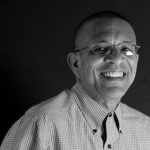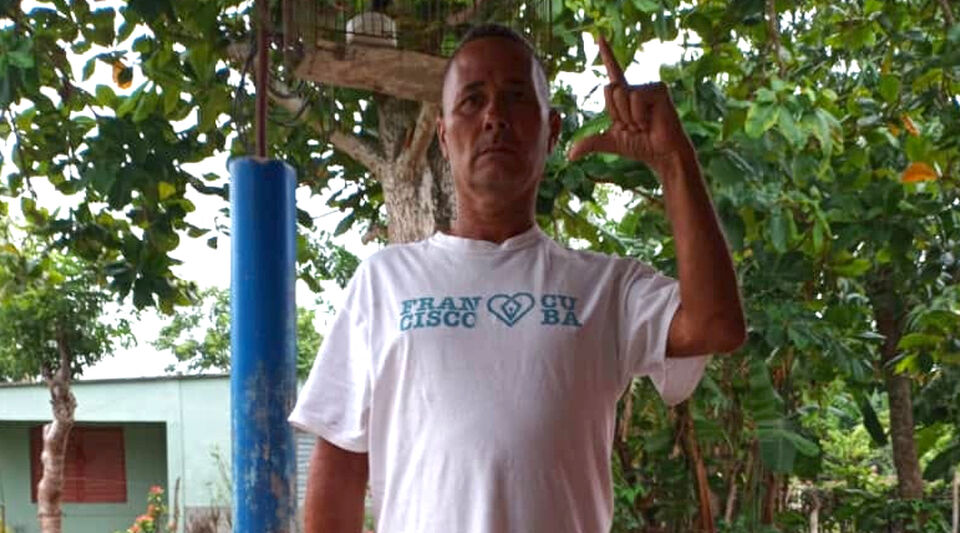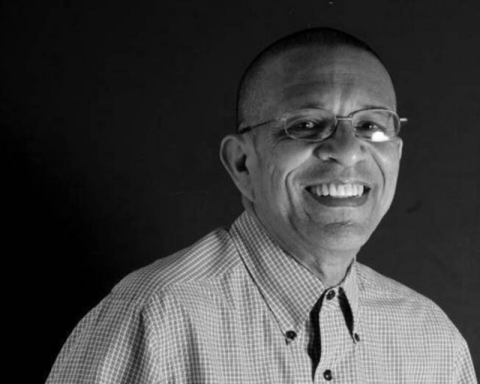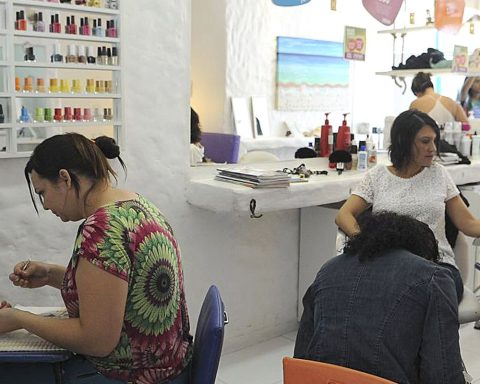The elections of the Social Security Bank (BPS) this Sunday put on the table, once again, the discussion on what is voted, why are social directors chosen in the body and what is its weight in the directory when making decisions.
The social directors have three seats, and each one represents an item: that of retirees and pensioners, that of active workers and that of contributing companies. The other four positions, which make up the majority, are directly chosen by the Executive Power. In this way, the role of social directors in the BPS is to generate “a counterweight and control with those political directors, “he told The Observer, Marcelo Ríos, candidate on List 22 for the business sector.
From List 22 of the employers, of the candidate Marcelo Ríos, they believe that the elections are valuable for the “direct representation” of the workers
Despite mentioning the elections as “a complex and expensive device”, In Ríos’s list they value the mechanism as“ a large system investment” for one direct participation of all workers, according to the letter in which the list summarizes the role of social candidates in the BPS.
Meanwhile, the candidate for active workers representing List 16 of One Uruguay, Luis Lisboa, added that the objective of those who are elected in these elections is represent workers from the different aspects: either as employees, as employers, or as retirees. Lisbon emphasized that this representation covers people with or without unions, it is independent at the political and party level. He even expressed that from his group they wish bring informal workers closer, outside the scope of the BPS.
The four directors of the Executive have different parties: two are from the National Party, one from the Colorado Party and one from the Cabildo Abierto. Although the political gaze tends to take precedence for having the majority in the board of directors, the social directors can agree with the rest and add votes to impose their positions.
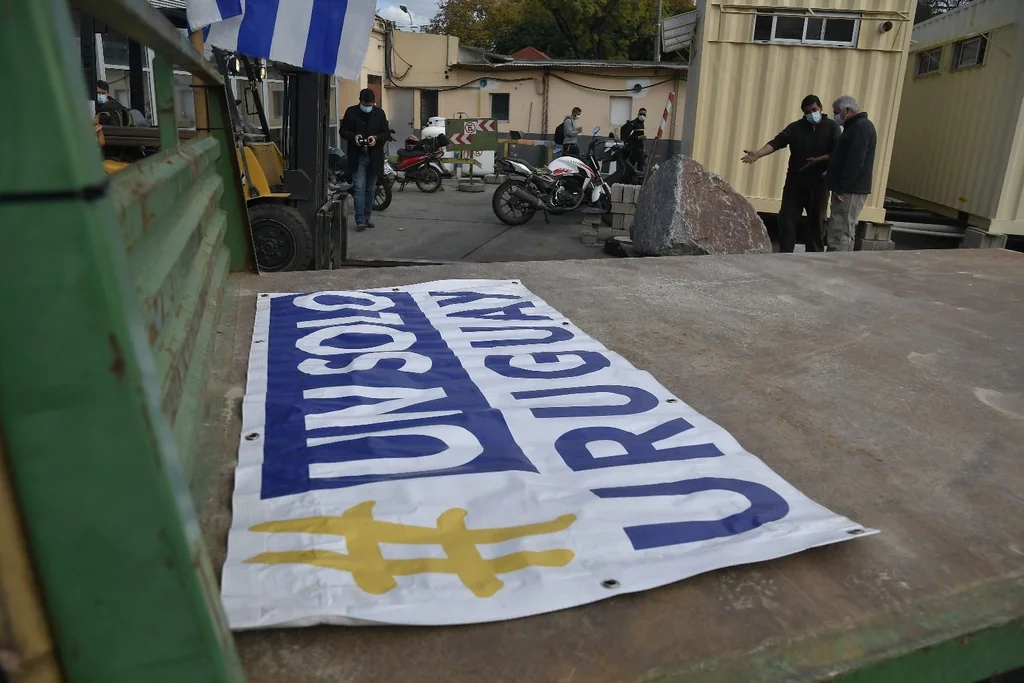
Photos Diego Battiste
Luis Lisboa, the workers’ candidate for List 16 of One Uruguay, questioned whether the government really wants social directors
This way of building the BPS directory was validated in the 1967 Constitution. Nevertheless, it took 25 years for it to begin to apply. On 1992 the elections were ruled for the first time, but it was not until 2006 that the three social representatives were voted, as happens today. In 15 years of total representation the intention “has been hold positions and create the role learning as it developed, since there was no previous experience ”, says the text of List 22 of Entrepreneurs, led by Ríos.
The representative of List 16 of One Uruguay Only, Luis Lisboa, wondered, however, if the government “is served by social participation”, because it is not allowed to carry out free publicity to inform about the elections and signatures of the 1 % of the electorate (about 10,000 people) to present a list when only 1,700 are needed in national elections.
Democratic value
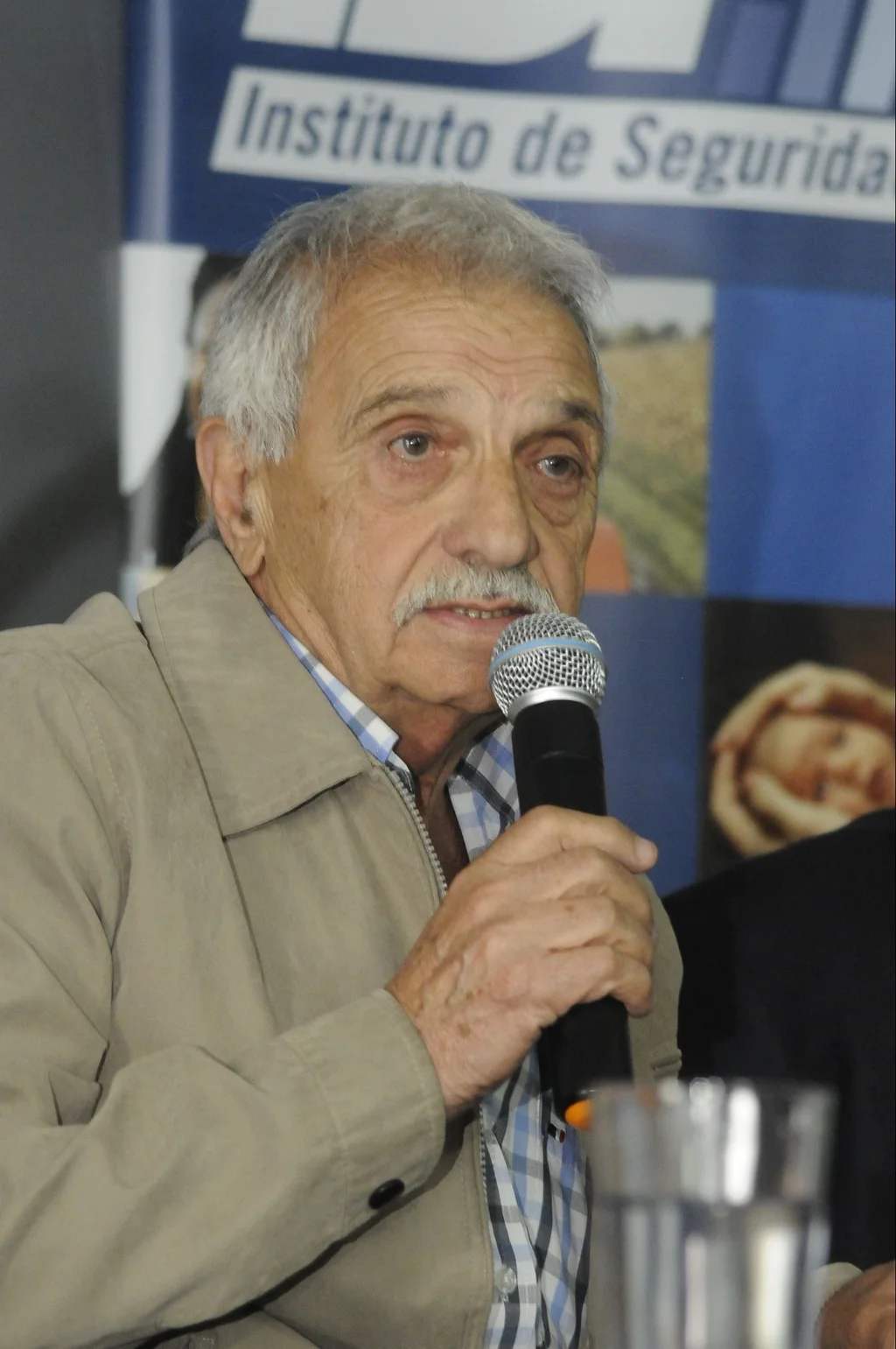
Leonardo Carreño
Sixto Amaro recalled in a session of Parliament how in the 90s an attempt was made to remove social directors
On November 12, 2015, a tribute to social representation in the BPS was held in the anteroom of the House of Representatives. There, several parliamentarians and representatives of the organism valued the importance of having the social directors in the democratic plane. “By the year 1990 he strongly questioned the integration of representative social organizations into the dialogue, ”said Sixto Amaro, social director of the BPS Retirees, also a candidate from List 1 for this Sunday’s elections. “In these resistances many sectors annoyed by the existence of our participation even threatened more than once with impeachment and removal of the social directors”He added.









